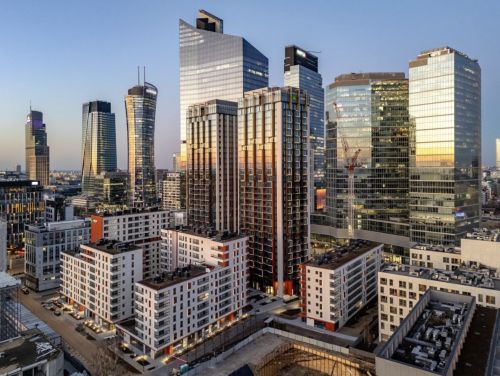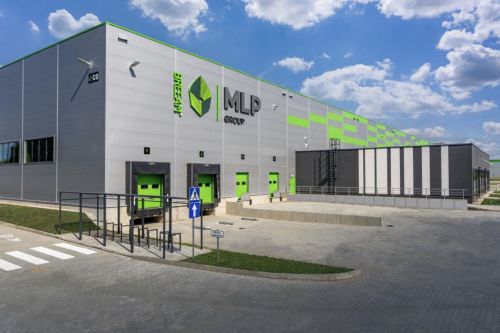On the other hand, the somewhat better mood on the stock exchanges could be a reaction to the falling indexes seen around the world in the spring. Inflation is taking a grip in both the US in and the eurozone as well as in emerging markets – and so central banks want to limit the money supply in their economies by raising interest rates, which includes the money that, as a result of the expansionary monetary policies of the last few years, caused indexes to spike during the pandemic and led to problems with supply chains. The last few years have shown that the economy was able to handle the pandemic and the lockdowns, so maybe a period of higher inflation would not result in the economy slowing down significantly. Such hopes seemed more credible after the summer rebound on the stock markets in Europe and the US. The hard economic data suggests that the tightening of monetary policy through interest rate hikes is not yet over (US inflation is at its highest level for over 40 years


























































